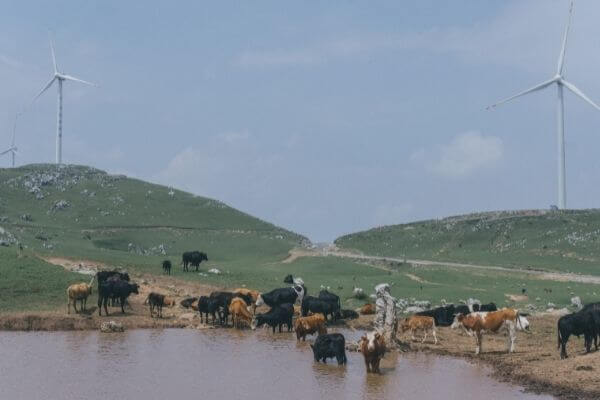
The revision to the Anti-money Laundering Law of the People's Republic of China has been included in the 2021 legislative work plan of the Standing Committee of the National People's Congress. To this end, the People’s Bank of China (PBC), the competent administrative authority of anti-money laundering under the State Council, organized the drafting of the “Anti-money Laundering Law (Revised Draft for Public Comment)” (反洗錢法(修訂草案公開征求意見稿)) (the “Revised Draft”) and made it available for public comments from 1 June 2021 to 30 June 2021.
The Revised Draft expands the scope of subjects responsible for anti-money laundering investigations from the original “PBC or its dispatching offices at the provincial level" to the "PBC or its dispatching offices at the level of cities divided into districts or above”, and includes specific non-financial institutions in the scope of the investigation. Besides, the Revised Draft defines the responsibilities of assessing money laundering risks, emphasizes that specific non-financial institutions subject to anti-money laundering obligations shall take appropriate measures according to the status of money laundering risks in the industry, and requires financial institutions to establish risk management measures based on their status of money laundering risks, conduct due diligence on clients for the risks and take corresponding measures.
Cover Photo by Hiki Liu (https://unsplash.com/@hikiliu) on Unsplash
Contributors: CJO Staff Contributors Team









